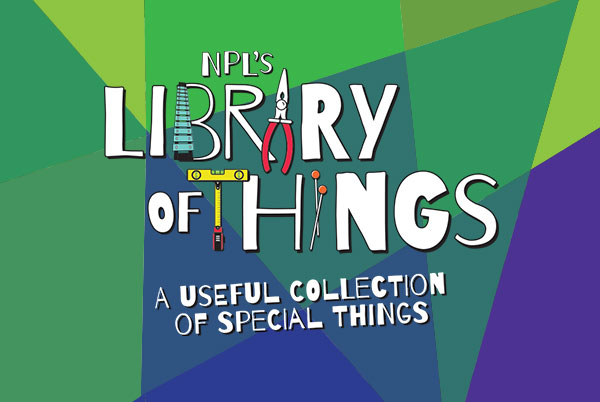
All library locations will be closed Thursday, April 24 for a staff training event.
Today’s story, “The Farmer’s Children” by Elizabeth Bishop, an American poetry and short story writer, seems a showcase for the evil stepmother archetype. Although unnamed throughout the story and only predominant in the first pages, the stepmother shapes the remainder of the story with her sharp and austere management of her stepsons. Like our friend Jack London, whose stories of the Klondike can teach us what it is to freeze, Bishop presents us with the frost of a bitter winter night and leaves us to wonder where the bitterest cold is—outside under an icy moon or in the house, personified by the stepmother.
Unlike friends of hers, such as Robert Lowell, who were vanguards of the confessional poetry movement, Bishop included very little personal information in her work. Bishop did not see herself as a "lesbian poet" or as a "female poet.” Because she refused to have her work published in all-female poetry anthologies, other female poets involved with the women's movement thought she was hostile towards the movement. In an interview with The Paris Review from 1978, she said that, despite her insistence on being excluded from female poetry anthologies, she still considered herself to be "a strong feminist" but that she only wanted to be judged based on the quality of her writing and not on her gender or sexual orientation.
Bishop was Consultant in Poetry to the Library of Congress from 1949 to 1950, the Pulitzer Prize winner for Poetry in 1956, the National Book Award winner in 1970, and the recipient of the Neustadt International Prize for Literature in 1976. Dwight Garner, a book critic for the New York Times, argued that she was perhaps "...the most purely gifted poet of the 20th century.” Today we get to enjoy one of the few short stories in her canon of work.
And now, “The Farmer’s Children” by Elizabeth Bishop…we begin….